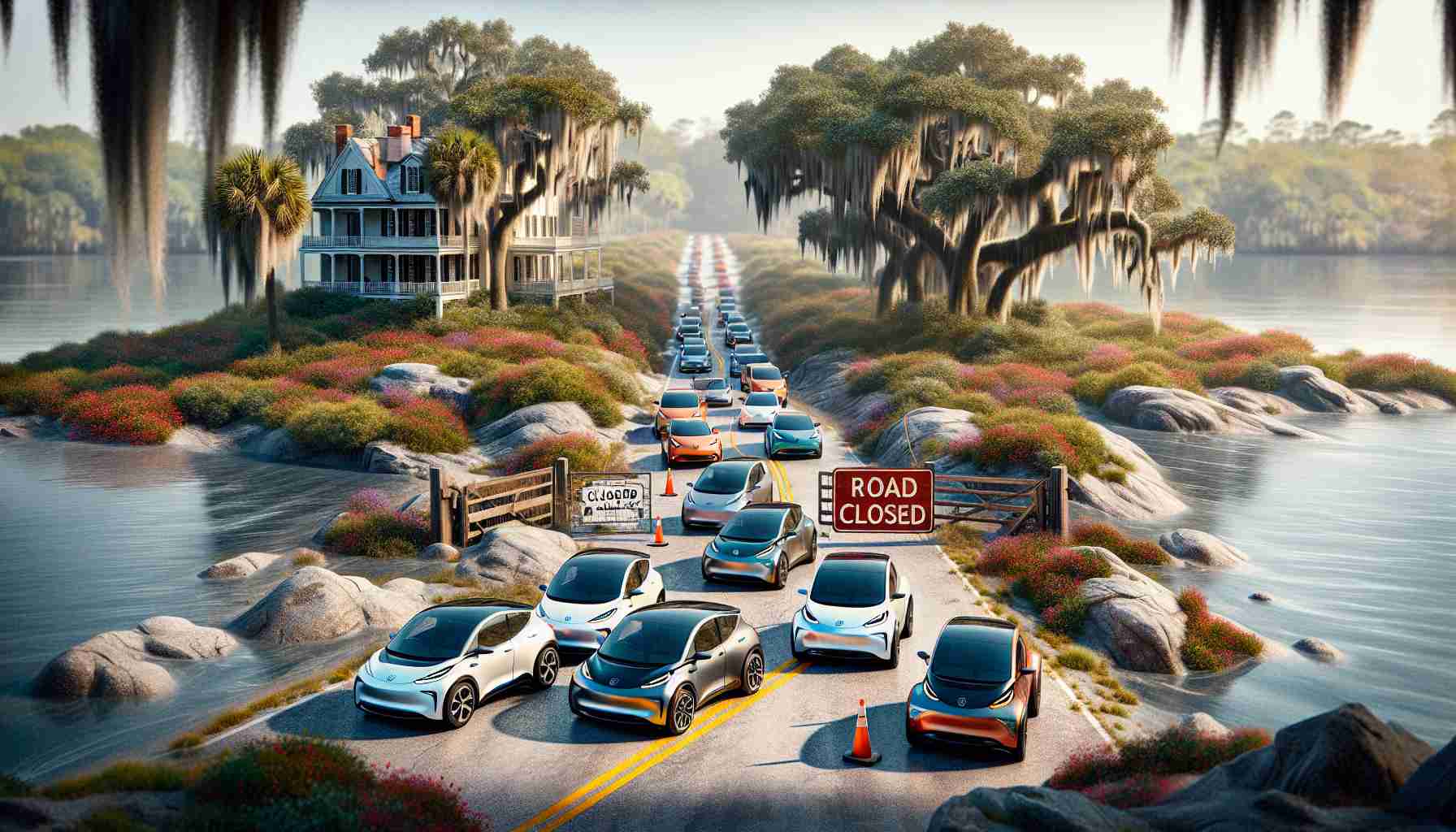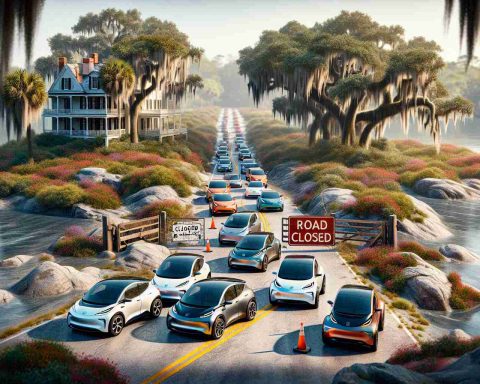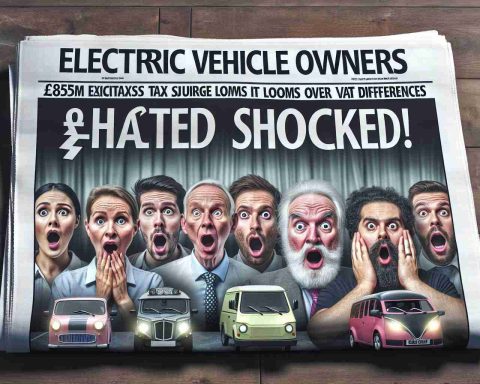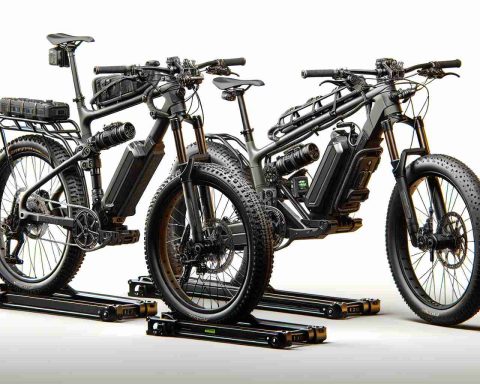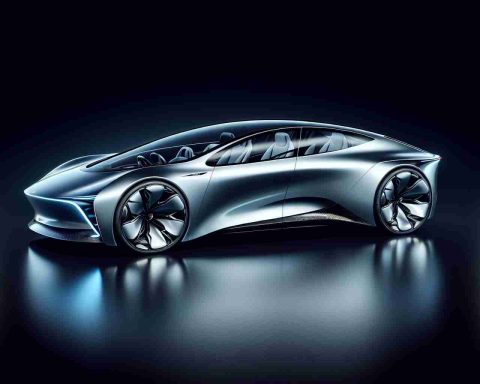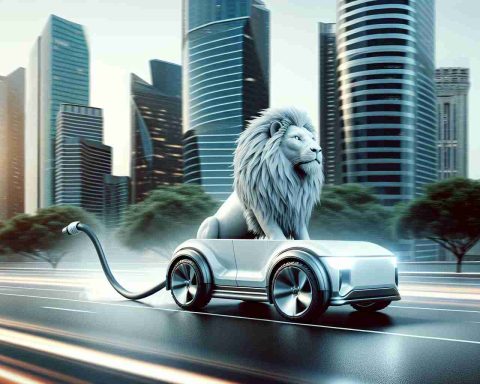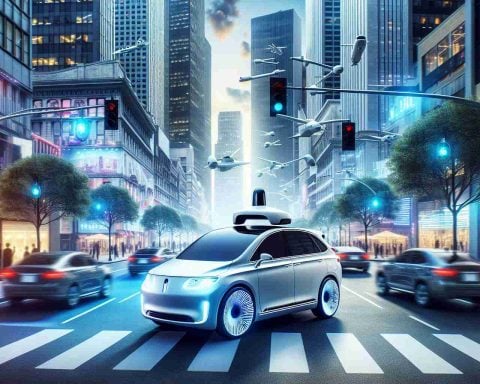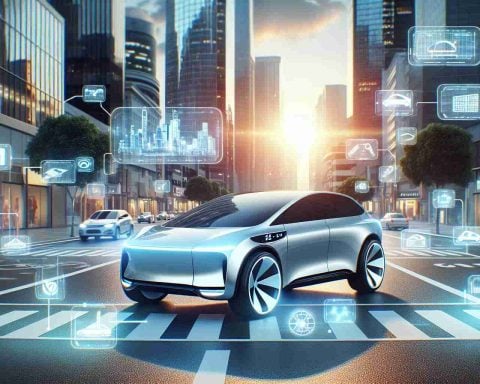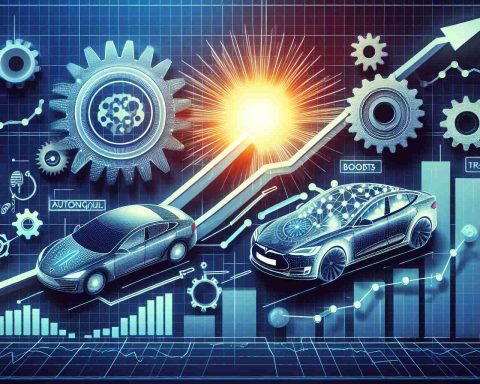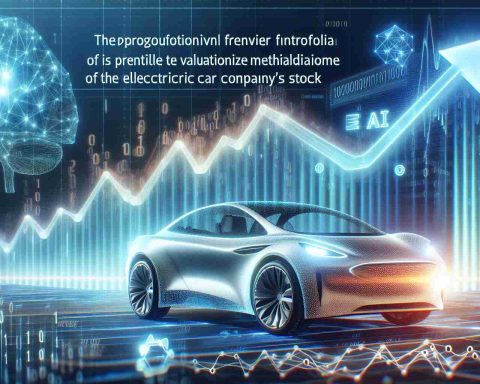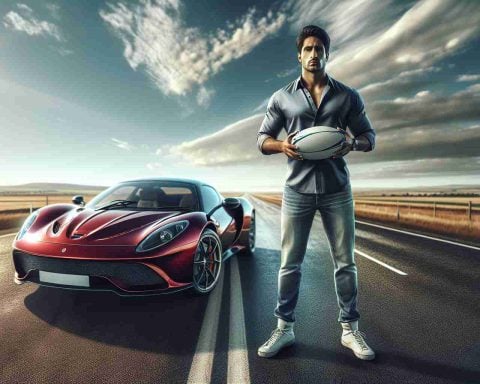- The South Carolina House subcommittee paused discussions on a bill allowing electric vehicle manufacturers to sell directly to consumers, delaying the South Carolina Consumer Freedom Act.
- This decision highlights a conflict between innovation, represented by companies like Scout Motors and Tesla, and traditional dealership models.
- Scout Motors plans to build a facility in Richland County, creating thousands of jobs but facing legal barriers to direct sales.
- Proponents argue the current laws limit consumer choice and push buyers to seek options out of state, advocating for direct transactions to enhance competition.
- Opponents express concerns that the bill could harm local dealerships, some family-run for generations, affecting community relationships and local economies.
- The legislative standstill prompts a debate on balancing technological advancements with the preservation of traditional economic structures.
The debate over electric vehicle sales in South Carolina reached a standstill as a House subcommittee decided to halt further talks on a groundbreaking bill. This decision pumps the brakes on the potential for electric vehicle manufacturers to sell directly to consumers, sidelining the South Carolina Consumer Freedom Act for now.
Amidst the burgeoning electric vehicle landscape, especially with Scout Motors preparing to make a big splash in Richland County, the legislature’s hesitation highlights a clash between innovation and tradition. Scout’s upcoming facility near Blythewood is set to create thousands of jobs, poised at the junction of promise and restriction by current laws that bar direct sales.
Proponents of the halted bill argue that the status quo stymies consumer choice, pushing eager buyers to seek electric vehicles beyond state lines. Advocates from companies like Tesla and Scout Motors pronounce a vision where streamlined, direct transactions drive competition and freedom for buyers.
Opponents, however, raise a cautionary flag, voicing concerns that the new legislation could undercut long-established local car dealerships. These businesses, some run by families for generations, warn against a shift that could empower big manufacturers at the expense of local economies and jobs.
For dealers like Mark White in Greenville, this goes beyond economics; it’s about preserving the relationship with communities and the workforce behind each sale.
The legislative halt surfaces a broader conversation about adapting to technological progress while respecting existing economic structures. At the heart of the debate lies a question: Should South Carolina cling to its current laws rooted in decades of tradition, or pivot towards the changing tides of automotive innovation? The verdict remains stalled on this charged crossroad, reflecting a region caught between the past and the electric future.
The Electric Roadblock: Why South Carolina’s EV Debate is Fueling Controversy
Introduction
South Carolina’s recent legislative standstill on the South Carolina Consumer Freedom Act, a bill that would lift restrictions on electric vehicle (EV) manufacturers selling directly to consumers, underscores a wider national debate. The decision has frustrated advocates of technological innovation, who see it as a setback for consumer freedom and choice. Meanwhile, opponents are concerned about the potential negative impacts on traditional car dealerships and local economies.
Background and Current Situation
The debate arose as Scout Motors announced a significant investment in Richland County with plans to build a facility near Blythewood, promising to create thousands of jobs. However, current laws prevent the company and others like Tesla from selling directly to consumers in the state, which is creating a barrier to their market entry.
Proponents of the bill argue that direct sales would lead to lower prices and increased consumer choice. Automakers could potentially offer a more personalized purchasing experience compared to traditional dealerships. Meanwhile, opponents assert that existing laws protect small businesses and local jobs, which might be jeopardized if big manufacturers bypass intermediaries.
Broader Implications
Economic Impact:
– For Local Dealerships: There are fears about the economic stability of family-owned dealerships, which are a significant part of the local economy. These businesses could face closure if overwhelmed by competition from direct sales models.
– Job Creation vs. Job Loss: While new facilities like Scout’s promise job creation, the shift to direct sales could lead to job losses in traditional dealership sectors.
Consumer Choice and Innovation:
– Access to Technology: Consumer access to innovative car models might be faster through direct sales, but could alienate customers loyal to traditional dealerships.
– Price Competition: Direct sales could reduce vehicle prices by eliminating dealership markups, allowing for competitive pricing and potentially increasing EV adoption rates.
Environmental Considerations:
– Encouraging EV adoption aligns with global environmental goals to reduce carbon emissions. South Carolina’s hesitation could slow progress toward these objectives.
Important Questions
– How do local economies balance modernization with the preservation of traditional businesses?
Local economies must navigate the delicate balance of fostering innovation while protecting existing industry jobs. This might involve supporting dealerships in adapting to new business models that integrate direct sales.
– What can be learned from other states that allow direct car sales?
States like California and Arizona allow direct EV sales and have seen a rise in EV adoption, suggesting that South Carolina could explore similar regulatory flexibility while ensuring protection for local stakeholders.
Conclusion
The South Carolina EV sales debate highlights a broader national conversation about regulation, technological innovation, and economic protection. Legislation that supports both innovation and traditional businesses could be the key to a sustainable future.
Related Links
– South Carolina Department of Motor Vehicles
– Tesla
– Scout Motors
